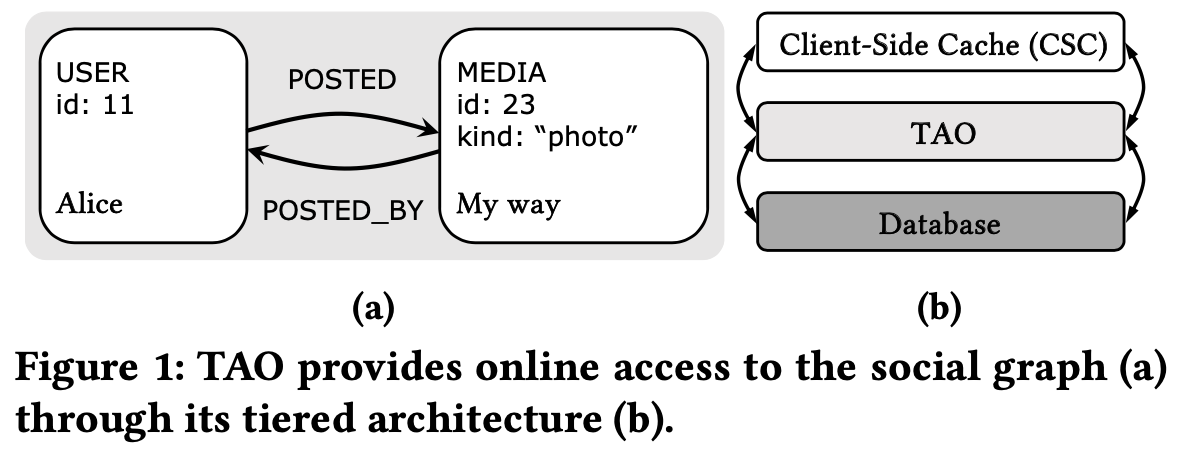Take Out the TraChe: Maximizing (Tra)nsactional Ca(che) Hit Rate

This paper appeared in OSDI 2023 in July, and is authored by Audrey Cheng, David Chu, Terrance Li, Jason Chan, Natacha Crooks, Joseph M. Hellerstein, and Ion Stoica, UC Berkeley; Xiangyao Yu, University of Wisconsin--Madison. The paper seems to break the acronym rule. It defines one acronym, TraChe, in the title, but uses another one, Detox, for the rest of the paper. I guess I agree, referring to your system as Trache is not very appealing. I kid, because I love the authors. Looks like I cover almost any paper Audrey Cheng writes these days. Speaking of Audrey, she had written a brief summary of this paper here: https://audreyccheng.com/blog/transaction-caching . Hmm, she didn't use the word "TraChe" in her post even once. I wonder which one of the advisors on the paper coined the typo TraChe, and pushed it to the title. Ok, enough with the trache talk. The Problem You have been doing caching wrong for your transactional workloads! That ...






